I need to feel more of a sense of pleasure or satisfaction from doing it
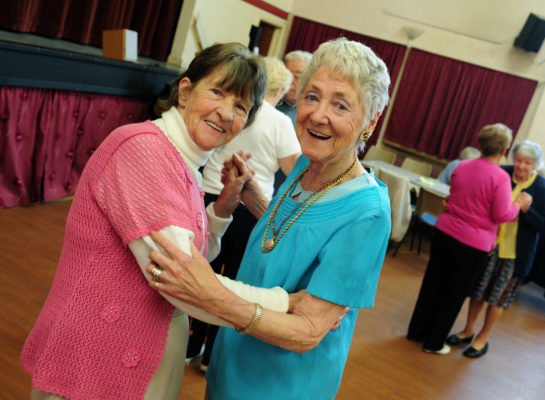
Many inactive people see physical activity as a painful chore but need to do it for their health. Seeing your new or existing activities negatively means that those behaviours are less likely to be maintained longer term. The key to prolonged behaviour change is to incorporate an element of fun and enjoyment to your actions, whether that’s the actions themselves or something that’s linked to those actions. A common example is that friends go and play sports or take classes together and perhaps have a social event after as a weekly catch up. If you add a sense of enjoyment to your activities, it’s much less likely that you’ll find the excuse not to go, especially if it’s linked to social activities.
However, the key aspect is to find an activity that you enjoy doing. The reasons can be varied, it could be sport related if you’re a competitive person or it could be an outdoor activity on your own, such as going for a walk if you need or value some time to relax and get away from the day to day exertions.
There are quite a few ways to add a sense of pleasure to your activity beyond simply liking the activity. This is obviously the best way to keep motivation but here are few ways to build in a sense of pleasure.
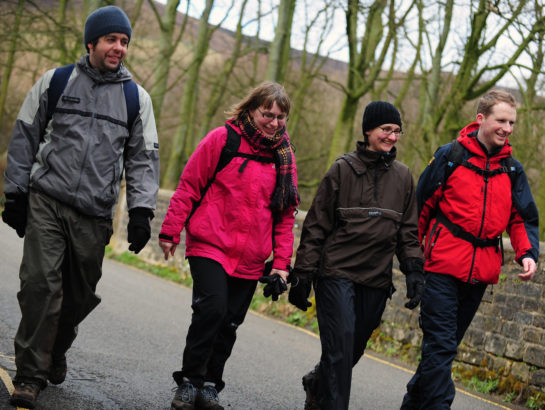
Rewarding your Behaviour
To help you change your behaviour, you can build rewards for yourself. A good early step when changing your behaviour is to focus and reward the behaviour itself. You need to identify a behaviour, which is a definitive action such as ‘go for a 30 minute walk’ rather than ‘be more active’. By rewarding and incentivising these small behaviour changes, the larger behaviours will follow and the outcomes you’re aiming for will come. These rewards should be a real treat for you in some way but needs to be done in moderation, there’s no point rewarding really easy tasks otherwise the sense of satisfaction and achievement is diminished.
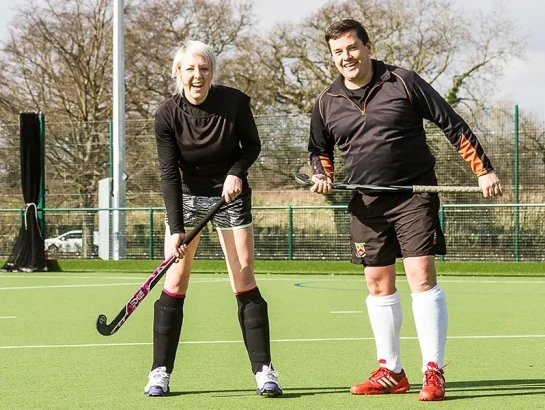
Reward your Outcomes
In a similar way to the points above, you can reward your outcomes too. Outcomes, goals, targets, whatever you want to call them, are the actual changes you want to see through your activity journey. This could be losing weight, getting fitter, completing an event or simply to feel better in yourself. Whereas some of these may be difficult to pinpoint an achievement point, it’s important to reward your progress. If you are working towards a larger, long term goal, set some targets along the way to reward so your goals don’t seem so far away and unachievable. Rewards come in many forms, getting a gift you wouldn’t normally get yourself, go somewhere new and nice or spend some much needed time with friends and family.
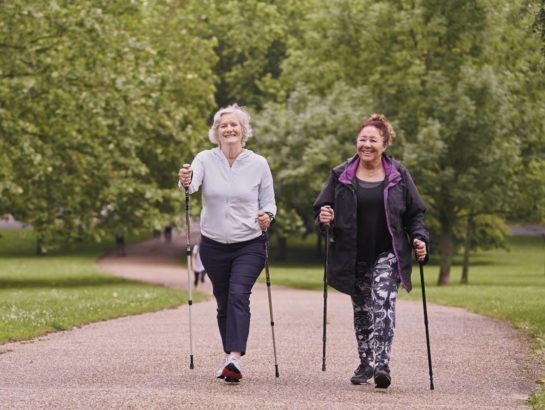
Using your Goals
To develop a sense of satisfaction from your activity that doesn’t intrinsically excite you in the first place, you can use goals as motivation and utilise the sense of achievement as a positive feeling. It’s important that you’re goals align with what you’re trying to achieve and have the right balance of being not too difficult or long term that they seem unachievable but not too easy that you don’t have a challenge as you won’t feel the sense of achievement over a period of time. The sense of satisfaction that comes from achieving is a great motivator to keep going and build an active habit. This isn’t always easy but is an excellent way of being positive about your activity.
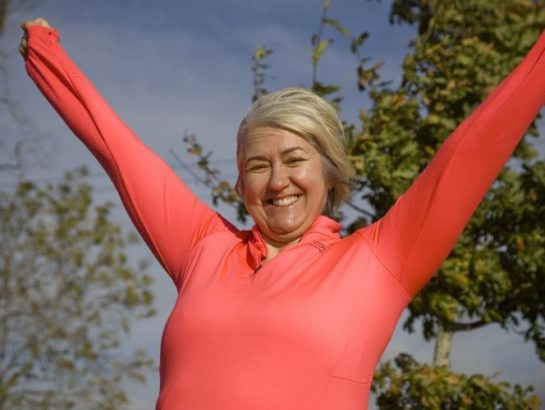
Seeing Yourself as a Success
Another way of feeling satisfaction from your activity is to achieve and share your successes with other people. If you’ve managed to create an active lifestyle for yourself, keep that positive feeling by helping others to be active through being a role model. Some people do this by supporting new participants, some support the activities that they go to or volunteer at clubs and events. Some people go so far as to invest themselves in their new activity, they go and get training/qualified in that activity/sport and lead their own groups. Being a role model creates a great sense of ownership and responsibility and that sense of achievement and support to help others keeps you motivated to continue on your journey, which may have taken a new course once you’ve achieved your goals.
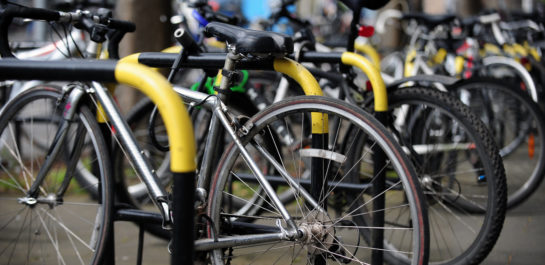
Subscribe to our newsletter
The latest updates on Active Blaby, our programmes, success stories, news, events and more…
